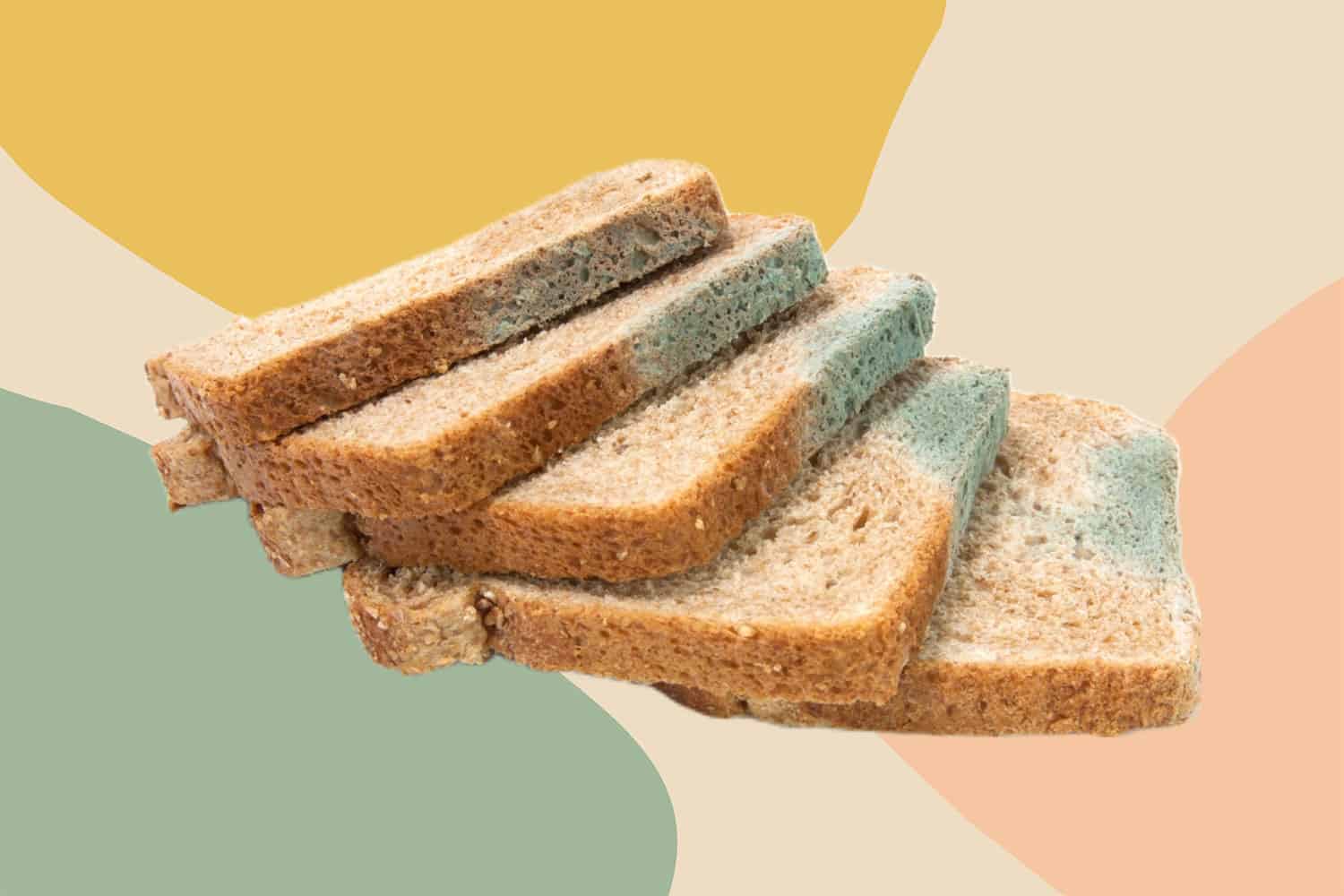Can You Compost Moldy Food?
You found some moldy food in the back of your fridge—but can you compost it, or does it need to be tossed in the trash? Here's what to know about composting moldy food.

Published
Ever thought about turning your kitchen scraps into nutrient-rich soil for your garden? Composting is a great way to achieve that, all with the added benefit of reducing household waste in the process. However, many sustainability enthusiasts grapple with one question: Can moldy food be composted?
Dealing with moldy food in an eco-friendly way isn't as straightforward as it seems. So, let's dive in and explore the topic to ensure you're going about it correctly. Here's everything you need to know.
Demystifying Mold and Composting

Before we delve into the compostability of moldy food, let's first get to grips with the fundamentals of composting. Essentially, composting is Mother Nature's recycling system, transforming organic waste into a nutrient-packed soil conditioner known as humus.
Successful composting hinges on two key components: carbon-rich "browns" (think leaves, straw, or shredded paper) and nitrogen-abundant "greens" (like vegetable peelings, coffee grounds, and grass clippings). These elements form the cornerstone of a thriving compost pile.
Silicone Food Storage Bowls
Get 15% off your order by using the code ECONEWS at checkout!
Mold, a type of fungus, is an unsung hero in the composting process. It thrives in warm, moist conditions, breaking down organic matter into simpler forms that other microorganisms in the compost heap can use. This fungal activity plays a crucial role in accelerating the decomposition process.
Can I Compost Moldy Food?

Yes, you can compost moldy food. According to Linda Brewer, a horticulturist at Oregon State University, it's totally safe to add moldy food to your compost pile.
"There are two general classes of microorganisms that do the work of composting: bacteria and fungi," Brewer says. "Generally speaking, bacteria are faster, in part because they can swim in a film of fluid and more rapidly colonize the mass of materials to be composted. Fungi work more slowly because they have to grow to where they want to go. Mold is a term we use for a class of fungi. Go ahead and add moldy materials to your compost pile."
With that being said, there are some exceptions to be aware of. While most plant-based foods are totally fine to compost, even in their moldy forms, animal products should be avoided. If you're vermicomposting, aka worm composting, you also need to make some slight changes. According to Los Angeles County Public Works, while moldy veggies tend to be fine for worms to digest, moldy fruit and bread could cause the worms to become sick and possibly die.
How to Compost Moldy Food: Dos and Don'ts

Moldy Food You Can Compost
• Fruit scraps (cores, rinds, peels)
• Veggie scraps (peels, rinds)
• Bread
• Veggie scraps (peels, rinds)
• Bread
Moldy Food You Can't Compost
• Meat and bones
• Milk, cheese, and other dairy products
• Fatty and oily foods
• Milk, cheese, and other dairy products
• Fatty and oily foods
The Takeaway
See? Composting is easy—even when you're dealing with moldy foods. By taking the extra step to compost your food, you're reducing food waste and doing your part to create a brighter future for the planet.

Can You Eat Moldy Cheese? We Asked an RD, So You Don't Have To
Can you eat moldy cheese, as long as you remove the moldy parts? Here's what a registered dietitian wants you to know.

Asking for a Friend… What Happens If You Eat Moldy Bread?
Can you eat moldy cheese, as long as you remove the moldy parts? Here's what a registered dietitian wants you to know.

Do Produce Stickers Break Down in Compost? The Answer May Surprise You
Have you ever wondered if the produce stickers that sneak their way into your compost bin are biodegradable? Here's what you need to know.

